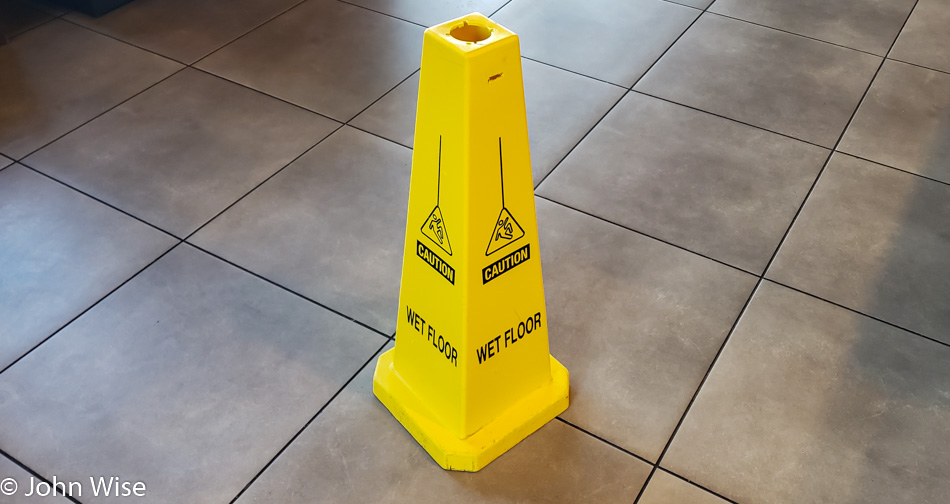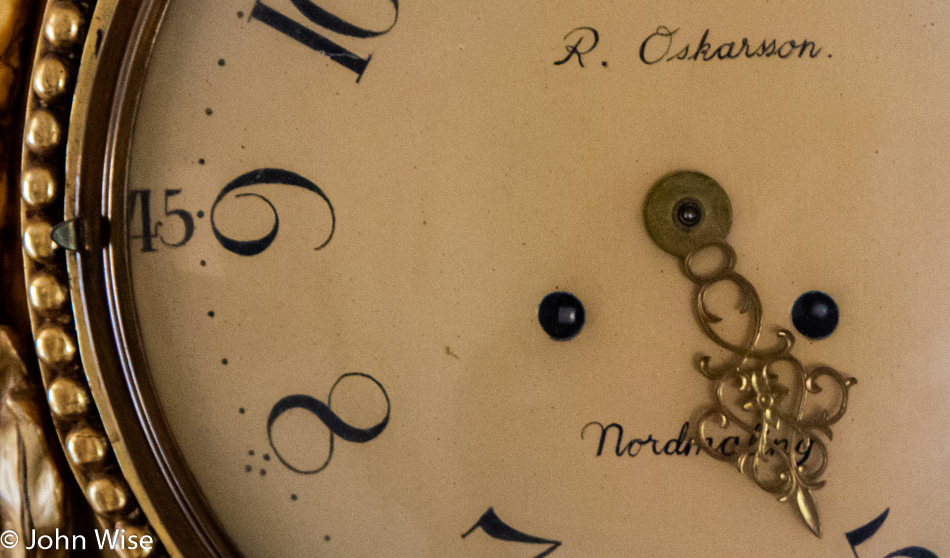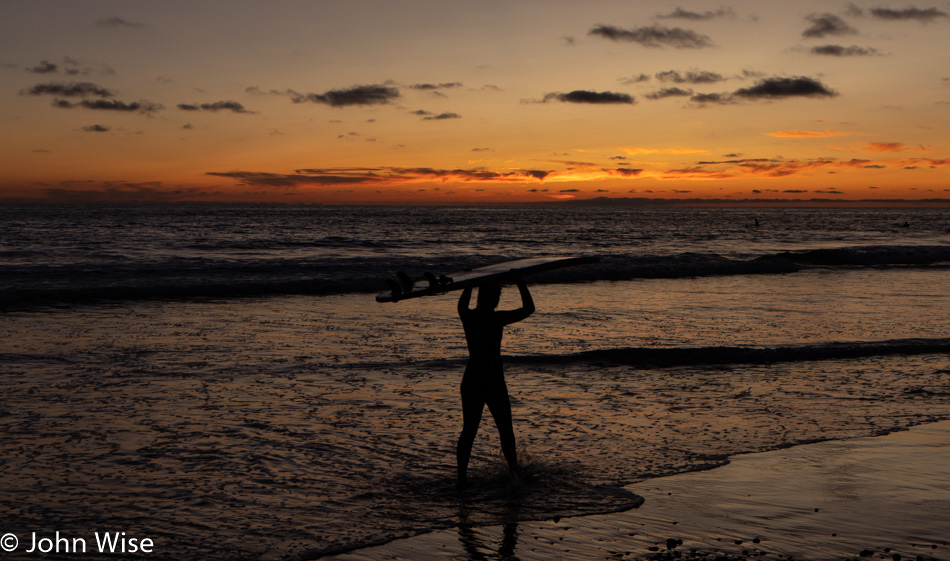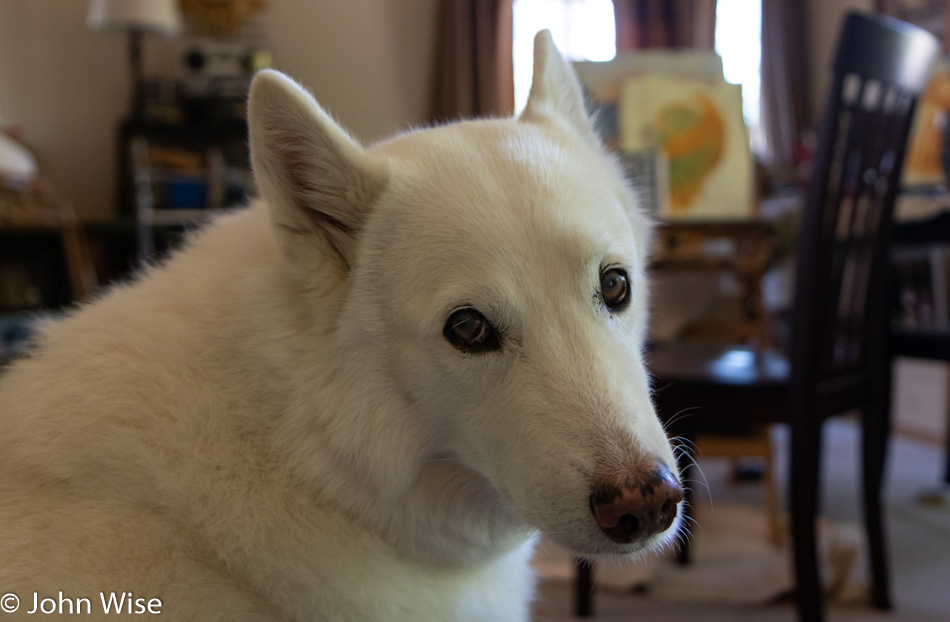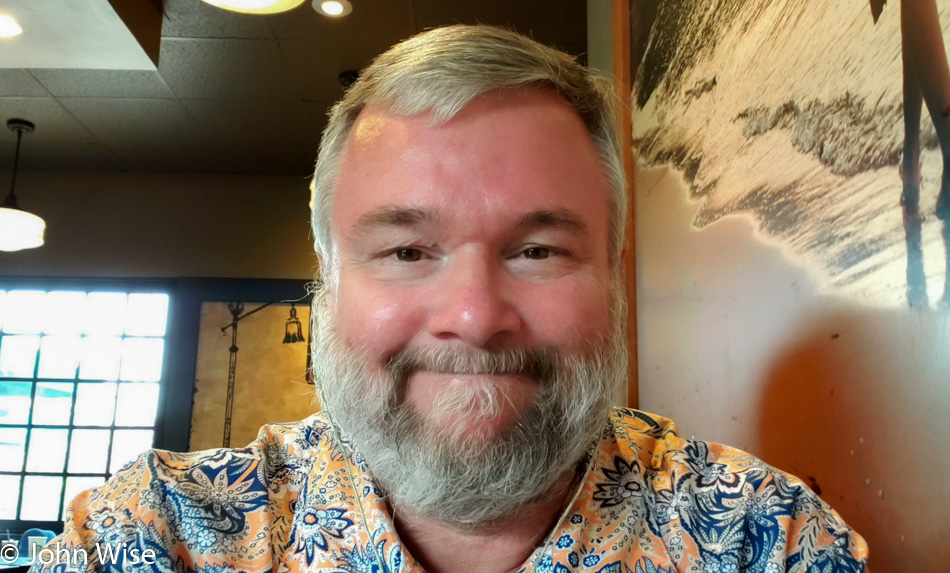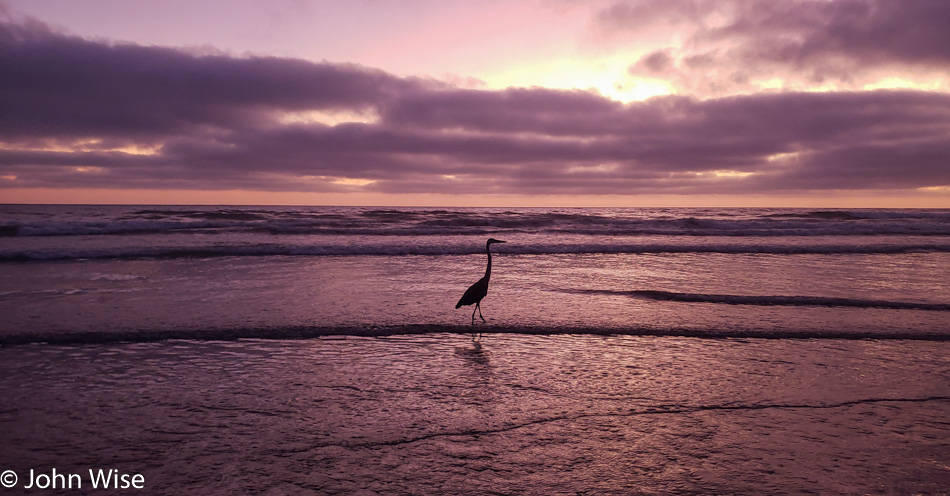
More random thoughts collected over the course of my stay in the San Diego area.
Trying to make the most of my time here I took an early morning drive down the coast from Solana Beach through Del Mar, Torrey Pines, into La Jolla, and I’m thoroughly unimpressed. Sure there’s the ocean, but not many places to park and get to the water. La Jolla is incredibly depressing unless you are white and wealthy and enjoy your time on the coast playing golf, shopping in expensive boutiques, needing a spa treatment, and really enjoying your whiteness where you can spend your time undisturbed having to see or listen to minorities.
Do you like your women talking in sing-song, high-pitched, infantile voices so the women they are talking with are fully aware of their mutual enthusiasm? Then La Jolla, like Santa Monica, Irvine, Santa Barbara, and Scottsdale, Arizona, which is now mostly a suburb of Southern California, are places for you. I think this is the voice of, “OH my fucking god, we are so white, rich, and privileged; can you even like believe this?”
It took an interaction between a girl of about 12 years old and a woman nearing her 50s to understand the dynamic: it’s vanity. As these women are aging, they are hyper-self-aware, and by bringing these voices out, they actually sound younger than a prepubescent girl. When you listen to an exchange between a 7th grader and someone who is a little more than a decade away from retirement, and the child sounds more mature, there is a problem.
Since when did the baseball cap go from hiding male baldness to being a coverup for women who didn’t feel like washing their hair? Why do I even care? I suppose I have no good answer other than it’s one of my observations of how we humans change behaviors over time and how they are in contrast between races, economic groups, and countries. Am I biased in my views? Yes, I am, as I see many of these traits arising in us Americans out of our idiocy to be seen as more childlike. Why so hostile, John? If I’m surrounded by banality, at some point, it will rub off on me; hell, it probably already has, and I’m blind to just how stupid immersion in American culture has made me.
Pride on the verge of fanaticism for the city you live in is like cancer, where the mutating cells threaten to take over the body. We see the same attitude for the home sports teams, where disagreement about who is best can result in a violent exchange. Why should anyone need to defend a city or region, their favorite TV show, or the local baseball team? What is it that carries over from childhood into adulthood that breeds this kind of loyalty? I don’t begrudge people for being respectful of these things and finding what’s to be appreciated, but the anger they display when someone points out elements they find unpleasant can propel the person to start listing the multitude of reasons why where they are is perfect. The same goes for their television show or sports team should you utter that you don’t like either. The need to be rabid in the defense of anything beyond love and education is the domain of the child’s mind, where enthusiasm is a developing immature passion.
Yesterday while checking on the readability of something I drafted a couple of weeks ago, I came upon some advertising copy that pissed me off. This all started when I couldn’t quite follow what my original intent was in my own writing as I was a bit obtuse. After running the text through a readability computer, one of the indexes said my writing was at a 9th-grade level while another index on the same page said it required 15 years of education or a junior in university. Why the disparity? So, I looked up the differences between the Gunning Fox and Coleman Liau indexes, which led me to Readable.
I’m already using Grammarly for real-time feedback on where I flub commas, hyphens, and such, but every so often, I like checking the readability of something I wrote. I mostly do this because there are times I’m astonished that my vocabulary and curiosity allow me to write what I’m reading. Well, today, I was slapped in the face with a thought that hurt me. I’ve known for a long time that much of what is on television and in books is presented at a 5th-grade comprehension level. What I wasn’t ready for was the following advertising copy:
85% – The increase in the number of people who will finish reading your content if its readability is improved from grade 12 to grade 5.
Did I read that right? My writing will be “improved” if I dumb it down? My first thought was already dumbed down enough as in my head, I blurted out, “What the fuck?”
There’s a recurring theme here on JohnWise.com about mediocrity where I’m far too often venting my spleen about things I’m hostile towards, but this idea that the average person is no more literate than a 10-year-old galls me. Add to this my two examples above about women speaking like children and people, in general, having this hubristic pride where both emanate out of our immaturity, and I’m left a bit distraught.
San Diego is Arizona without the morning sun. Everyone seems to sing the same chorus, extolling how great it is to live in San Diego while commiserating with Phoenicians about how it’s too hot over in the desert. Well, I’m not seeing anyone on the streets of San Diego after about 10:00 or again before about 6:00. Everywhere I go is air-conditioned, and everywhere everyone else is traveling, they are doing so by car with their windows up.
For a week now, I’ve listened to people complain that it’s too cold out at 66 degrees or 19 Celsius at 8:00. When the mercury hits 68 (20c), things are perfect. During this time, the humidity is changing too, going from about 90% at 7:00 to 60% at noon while the temperature climbs up to 72 degrees or 22 Celsius. After this, as the heat of the day bears down on San Diegans and the temps climb to 80, it appears that everyone is hiding in something air-conditioned – just like people from Phoenix. There’s one big difference here, though: the humidity hovers between 40 and 60% and makes you sweat all the time.
So by historical averages, San Diego is too cold for the people that live here from November through May, but for the perfect month of July when they get nearly 7 hours of sunlight a day compared to Phoenix with 13 hours of blue skies, they bask in the joy after dealing with a 12 lane wide freeway that becomes a parking lot for a good part of the day.
Simple math tells you that most of the people living here are not on the beaches either. San Diego County has a full-time population of 3.3 million and annual tourism that draws in another 36 million. I’ve now walked some miles along the area’s beaches, and I can assure you that the density of visitors on the seashore is not overwhelming or indicative of locals utilizing their primary tourist attraction. For example, Memorial Day is the busiest day for the 70 miles of San Diego beaches, and back in 2016, 91,300 people spent Monday next to the ocean. So if we only count permanent residents and exclude tourists, just under 3% of the population that lives in San Diego visited the beach that day.
Well then, what is the main attraction? The potential to enjoy a lifestyle here when not at work, on a freeway, or competing for a parking spot near the beach when tourism is overwhelming the few spots allocated for cars? Are the palm trees waving in the ocean breeze seen through windows deluding residents into believing they are experiencing life outside of a car and their home? I guess being here to take advantage of someday is good enough.
The best BBQ in San Diego belongs to Phil’s BBQ; that’s a chain similar to Famous Dave’s and so after driving 30 minutes inland, I ended up walking right back out after learning everything is drenched in sweet barbecue sauce. How about a search for the best restaurants near me? When In-N-Out is in the top five, you know there’s nothing here for me. I’m near Mexico, so there must be some great Mexican joints out here, right? Not within five miles. So, fifteen minutes up the 15 freeway, I’m in old town Escondido, and the Guadalajaran place is reminiscent of Garduno’s in Scottsdale (Mexican food for old white people from the Midwest). Now I’m at La Tapatia, which I passed along the way, and I’m hoping that since it’s been here since 1937, it has earned its longevity. My fingers were crossed. Alas, mediocrity squashed my culinary dreams.
Thursday was a blur. Walk the dog. Make breakfast. Go for coffee. Write. Go for lunch. Walk the dog. Play with the synth. Go for coffee. Write. Eat. Walk the dog. Play with the synth. Watch a tutorial about the Blender addon Tissue and using Vertex Groups together with Shape Keys to morph a component along a surface. While I didn’t hit the beach today or achieve a serious amount of walking, I was successful in clearing a couple more blog drafts that were lingering longer than they should have been.
How short-sighted I feel sitting here in San Diego in a coffee shop instead of outside in the cool breeze of the offshore wind, making this place a mecca for visitors. The sun, though, does not care for my comfort as it tries to burn me and usually wins. I look out the window and know that I’m missing a relatively cool day where I could be next to the ocean, but my skin reminds me of how much I dislike the pain of being taken to a crispy state.
I could just as easily sit indoors in Phoenix, where at 110 degrees out there, I have good reason to escape the blistering temperature. So I feel guilty here that I’m giving away this opportunity to do all things outdoorsy. I try to justify part of this lethargy by running around under the sun with the fact that Caroline is not here with me right now, but that feels weak. I work at writing, so it might convince me that what I was able to capture of my thoughts will have had value in making up for anything that was lost.
